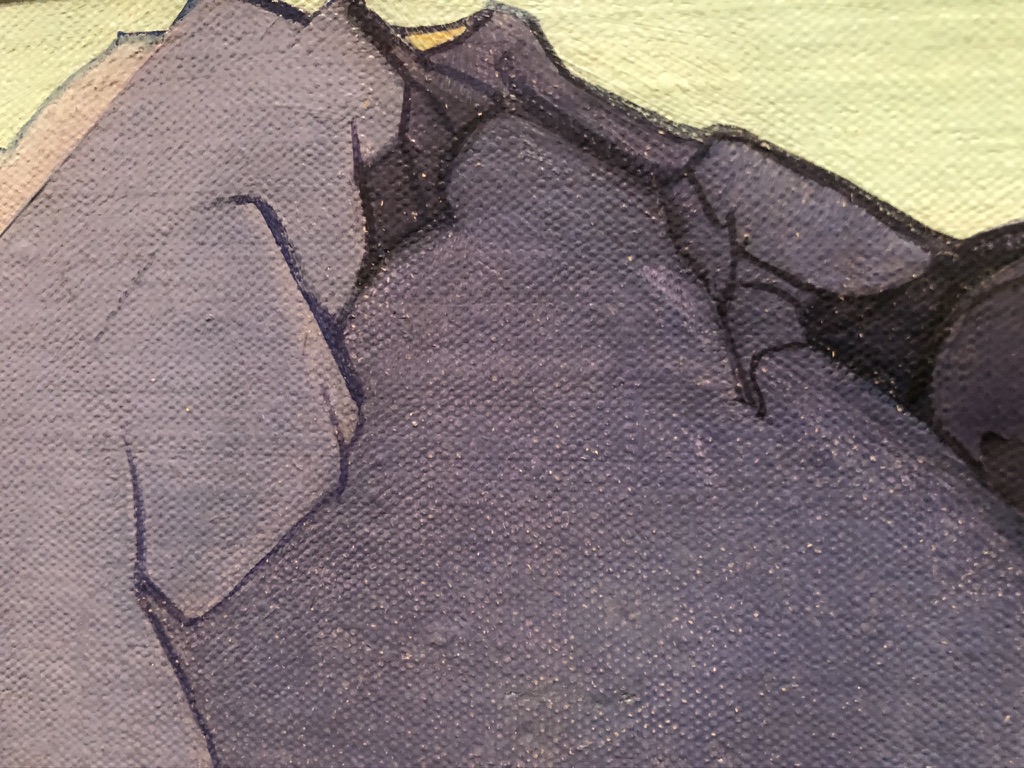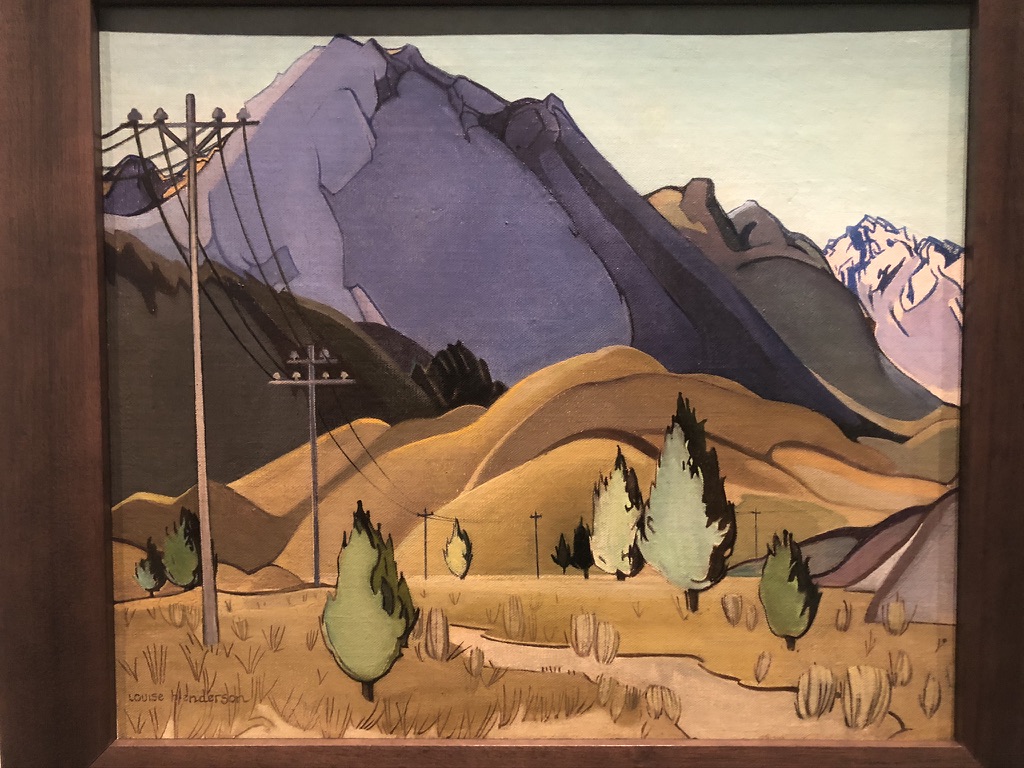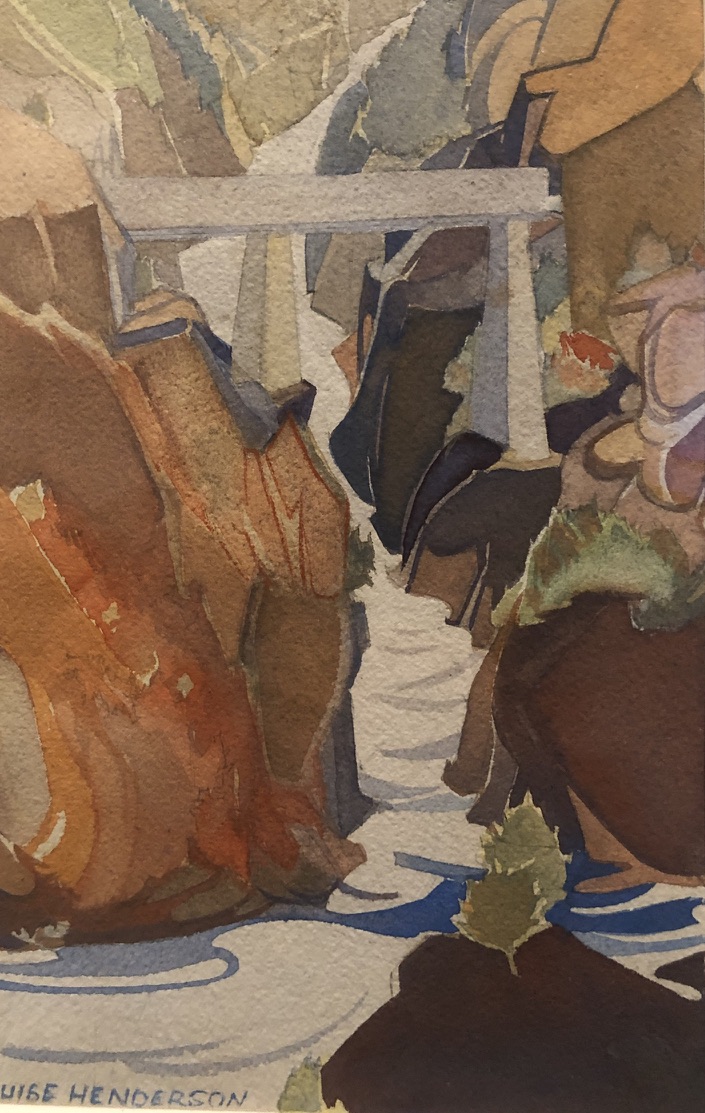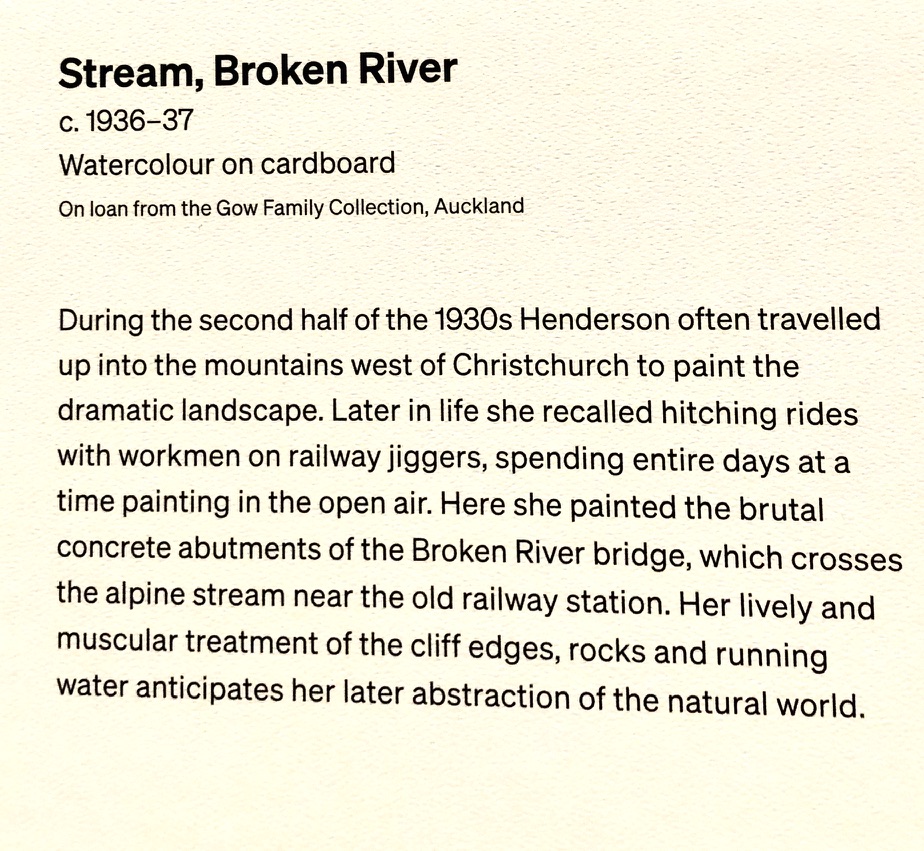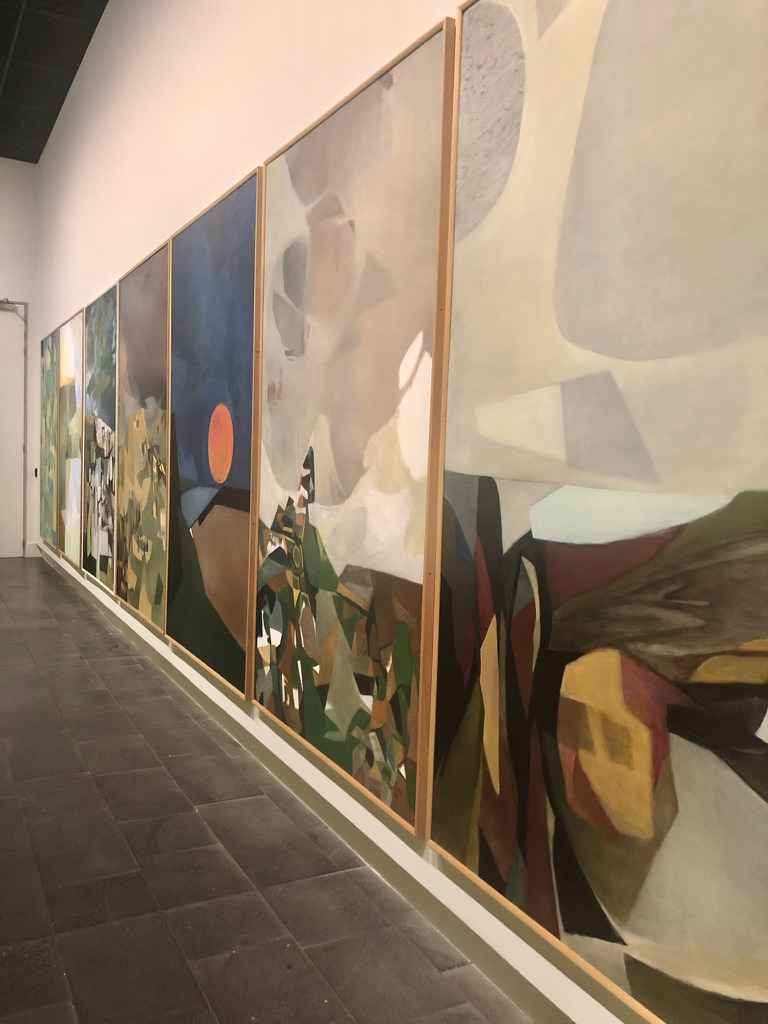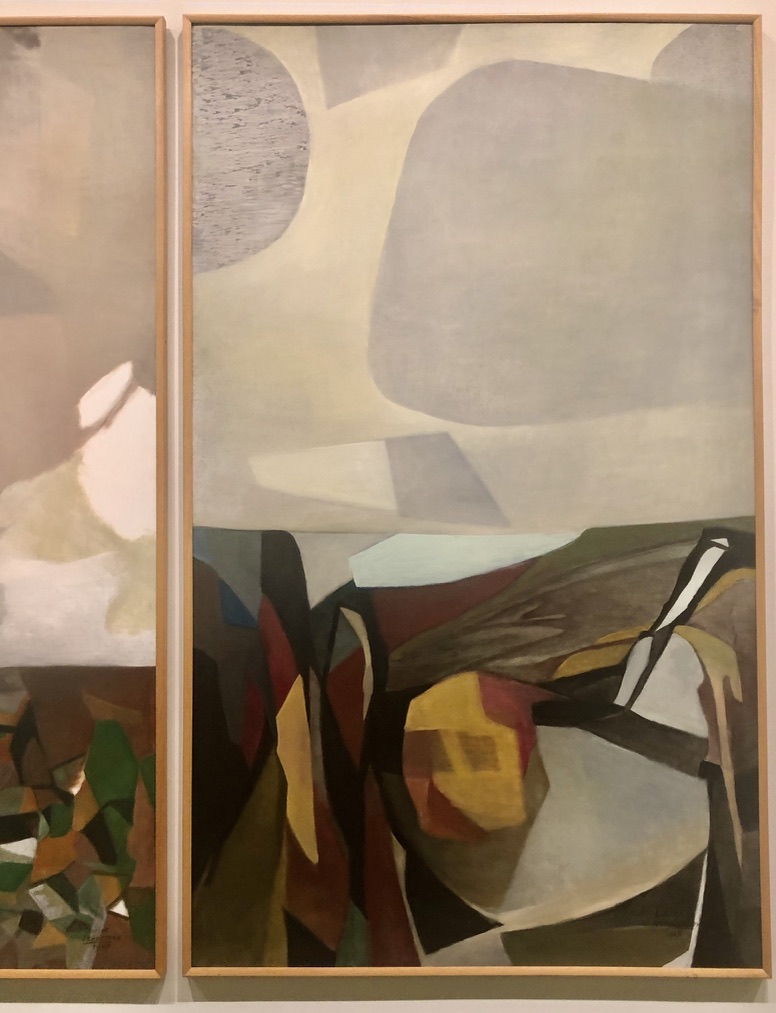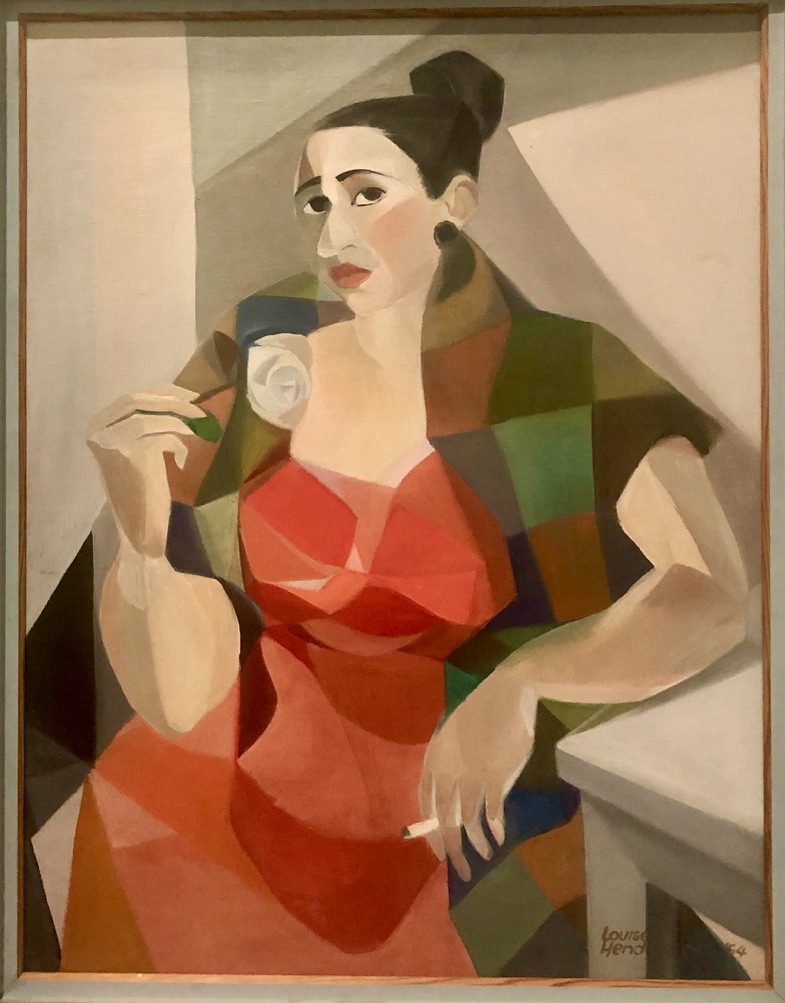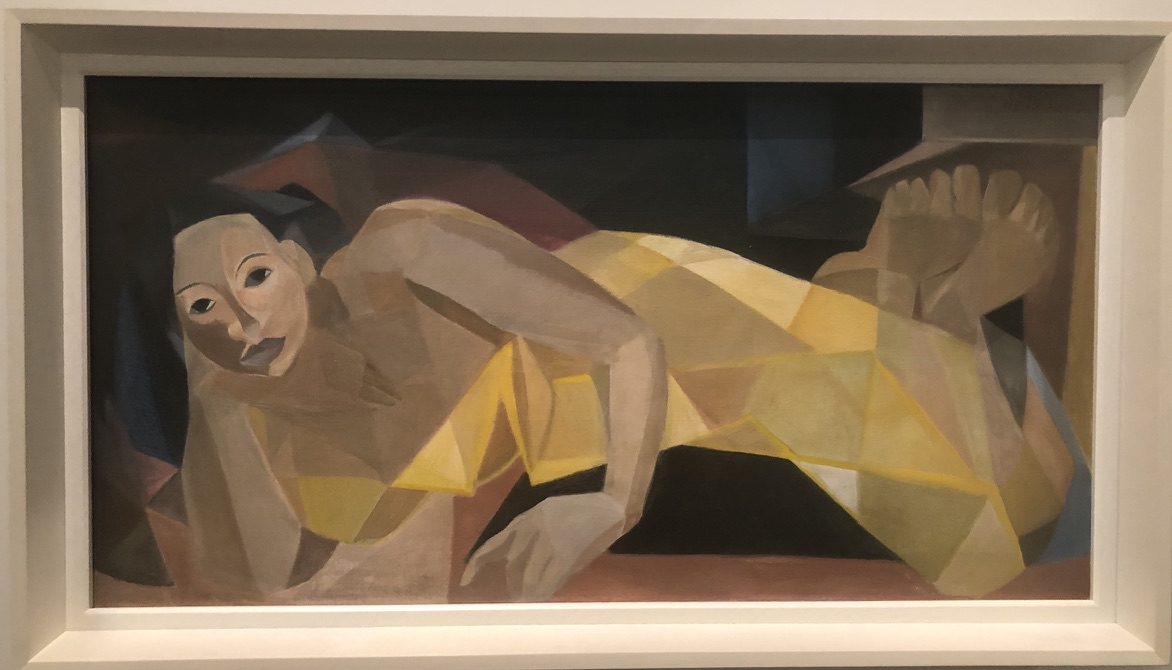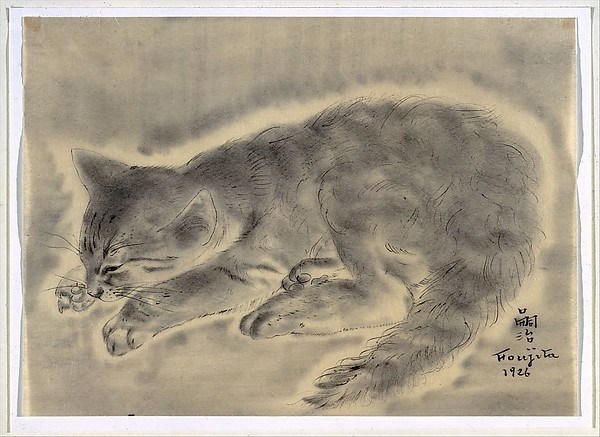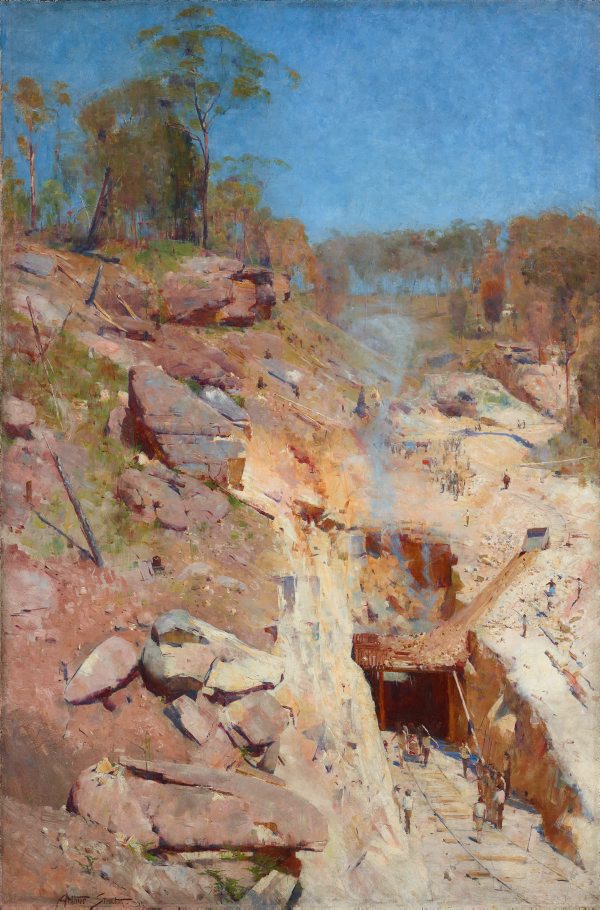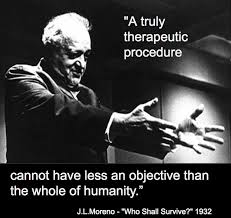Art

Slavoj Žižek, Quantum and Dialectics
“The idea that knowing changes reality is what quantum physics shares with both psychoanalysis (for which interpretation has effects in the real) and historical materialism”.
Slavoj Žižek – quoted on Redit
That is a great little paragraph!
*
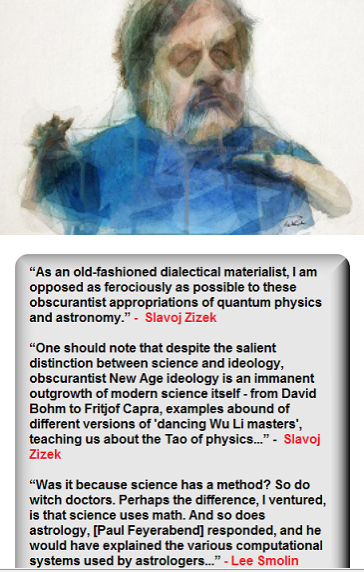
width=”364″ height=”572″
From
Medium article by Paul Austin Murphy
A useful read!!
*
I wish they had an inkling of Moreno in these discussions — psychodrama fits in more tightly than “psychoanalysis.”
*
Interesting the extent to which Bohm was influenced by dialectical materialism:
“In this way Bohm understood it as idealistic. In Bohm’s interpretation, however, the particle possesses at all times a well-defined position and momentum regardless of observation or associating ideas. So, in Bohm’s view, matter came before mind in his theory. Thus he called his interpretation a materialistic one.4 With this materialist interpretation, Bohm wanted to expel mysticism from physics.”
Christian Forstner
Dialectical Materialism and the Construction of a New Quantum Theory: David Joseph Bohm, 1917–1992
✔ July 2021
Optic Nerve by Maria Gainza
With all the Illustrations the book does not have

Optic Nerve by Maria Gainza – review. Guardian
I found relevant images as I read the book. What a feast!
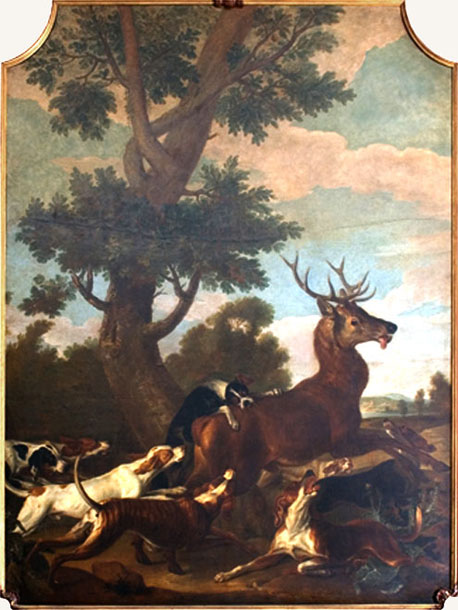
Hubert Robert
THE TEATRO DELLE ACQUE IN THE GARDEN OF THE VILLA ALDOBRANDINI
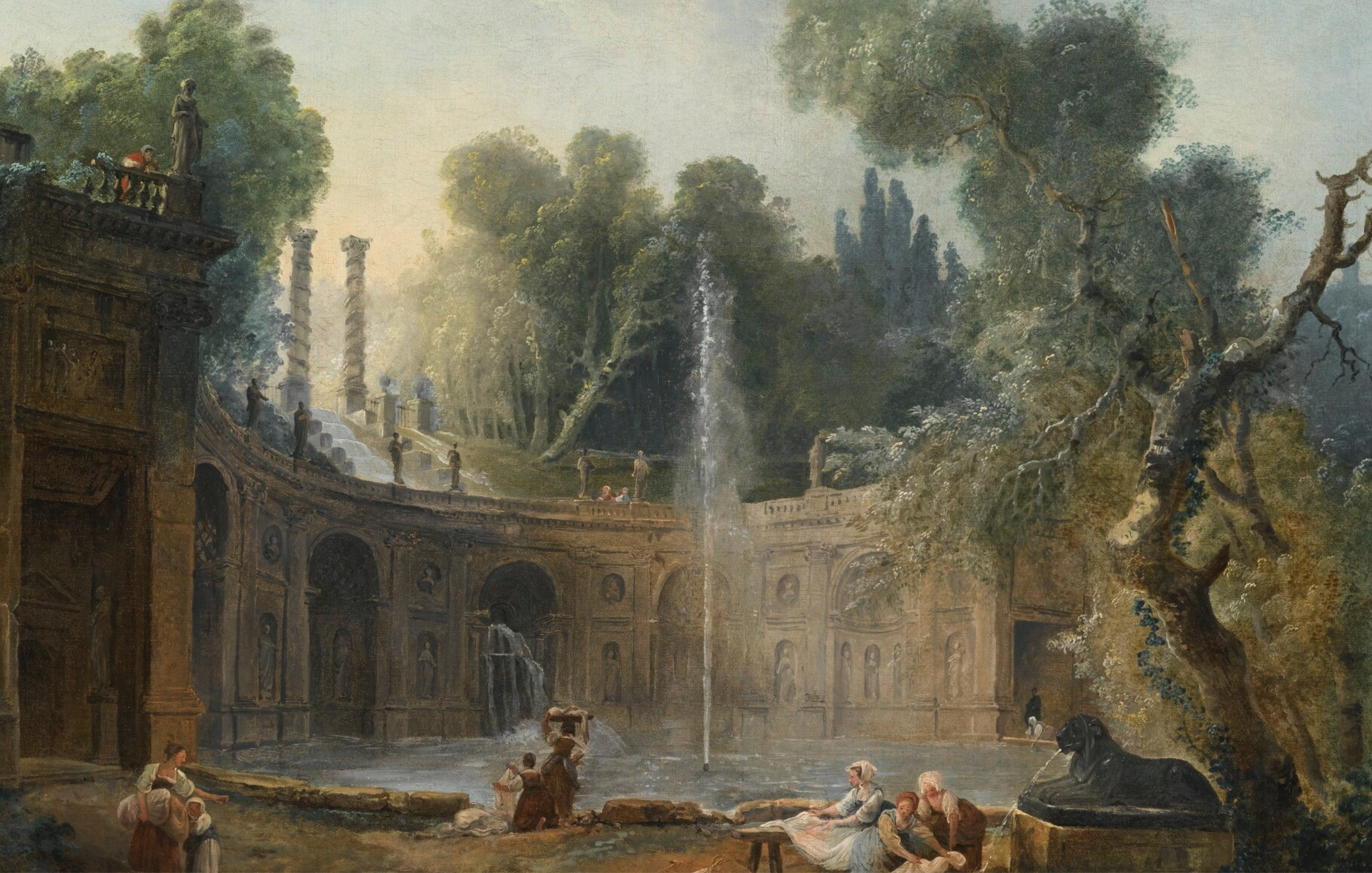
Reading List 2020
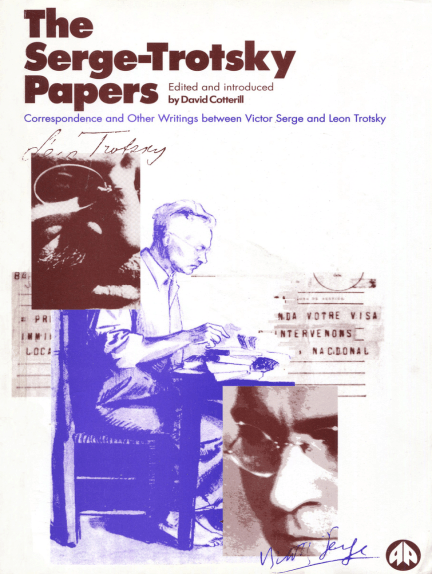
In scribd
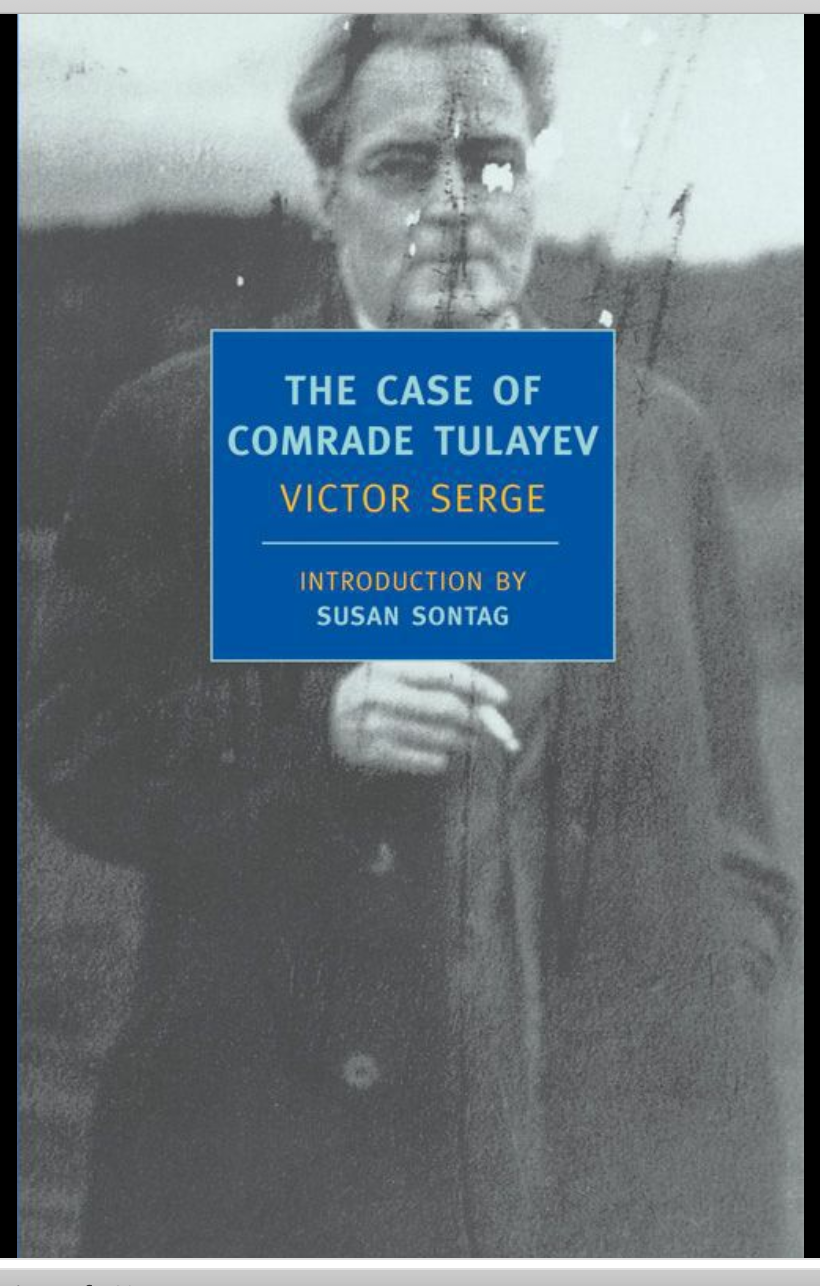
Kindle
Audiobook Scribd
Scribd — I’m just interested in “A Place of Greater Safety.” French Revolution.
Streeton Exhibition in Sydney
Arthur Streeton exhibition at the Art Gallery on NSW . (Dead Link)
If I were flying I’d love to see this exhibition in November.
I inherited a Heidelberg School book from my father, it’s full of Streeton and familiar to me. Australian impressionism.
❋
Later: August 2021
Streeton gallery follows:
The Moment in History
I am a psychodramatist and hence a student of the work of J.L. Moreno. And I hold his philosophy and methods to be revolutionary in the sense of having potential to heal humanity. There is an area of his philosophy and outlook where he comes short of the potential, it is in the conception of mass action and the macro forces that operate in the world. He lacks a good grasp of Marxism. And I think Marxism lacks the science of sociometry, the outlook of small groups.
Continue reading “The Moment in History”
Facing the future… with an eye on the past
“Freud’s … therapy consisted in turning the patient into his past … instead of developing the direction of spontaneity into the future.”1
Wiese said that in to contrast with the work of Moreno. He’s right too. However embedded the present dynamics is the geneology. Whakapapa. Moreno talked of statu nascendi. It is in the swirl of unfolding from that moment of birth on that spontaneity happens and the new is created.
- Von Wiese, Leopold. (1949). “Sociometry.” Sociometry, Vol. 12, No. 1/3 (Feb. — Aug, 1949), pp. 202—214 Published by: American Sociological Association https://www.jstor.org/stable/2785387
“Between” should not vanish into a “within”.
Talking about Moreno’s approach, German sociologist Leopold Von Wiese, (1949) said:
“the realm of subjectivity is never given up by him. But the use of the word subjective here should not imply that Moreno is limited in his studies by a personal involvement; it is just the opposite. His aim is directed towards the most exact objectification of observations; but the object of these operations is the realm of the human psyche exclusively. This is so perhaps because he is a psychiatrist, a practical psychologist and physician. We too, in our “system of relations” do not neglect the psychological processes; but their penetration is one of several tasks so that we can recognize that realm of existence which. is crucial; the social one which lies between men and not within them. Particularly when one, as Moreno, like ourselves, emphasizes the significance of the little word “between” one should not permit it to vanish into a “within”.”
I like this as a formulation of the relational paradigm.
More on this theme from Von Wiese: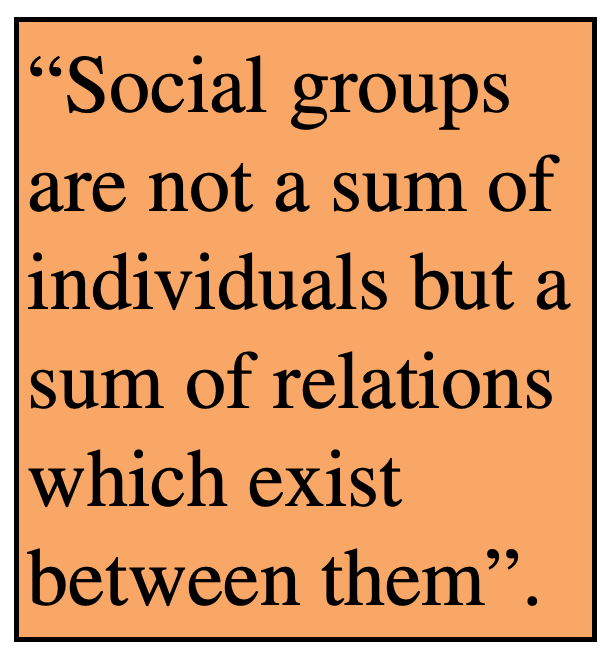
“When we try to reproduce here the chief content of Moreno’s work, we may best start With a statement from White’s foreword to it, one Which is also an axiom of our system of relations: “Social groups are not a sum of individuals but a sum of relations which exist between them”.
Which makes them complex beyond imagination.
Von Wiese, Leopold. (1949). “Sociometry.” Sociometry, Vol. 12, No. 1/3 (Feb. — Aug, 1949), pp. 202—214 Published by: American Sociological Association https://www.jstor.org/stable/2785387
Bright


